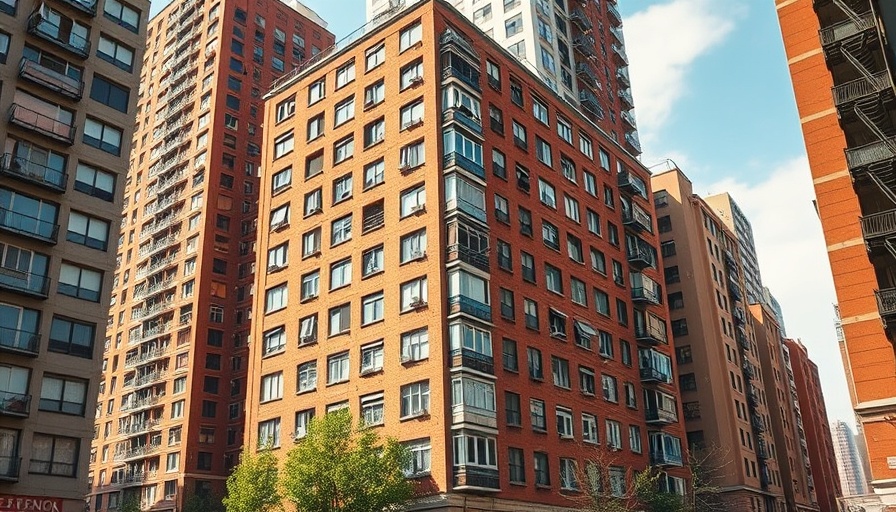
Understanding the Risk of Illegal Conversions
In a significant legal ruling, landlord couple Amarjit Singh and Jasbinder Kaur from West London have been ordered to pay over £270,000 for illegally converting a house into four flats without required permits. This case underscores the importance of adhering to local planning laws, serving as a reminder to property owners about the repercussions of illegal conversions.
The Dangers of ‘Beds in Sheds’
Councillor Steve Tuckwell highlighted that the illegal property conversions can lead to unsafe living conditions—often referred to as "beds in sheds". Such arrangements lack proper safety standards and do not reflect the quality living spaces expected in the housing market. Councillor Tuckwell stated, "We’re determined to keep residents safe from harm and ensure everyone can live in safe, good quality homes." This incident reinforces the need for strict enforcement of housing regulations.
Legal Actions That Protect Communities
The Hillingdon Council's proactive approach to investigating and prosecuting illegal conversions represents a critical effort to uphold housing integrity in the borough. After inspecting the property in June 2018, the council issued enforcement notices mandating the couple to revert the property to its original state by March 2019. Failure to comply not only resulted in hefty fines, but it also serves as a cautionary tale for other landlords contemplating similar actions.
Potential Consequences for Property Investors
This case presents a sobering lesson for existing and prospective property owners. Engaging in unauthorized alterations not only risks legal action but also can diminish a property's long-term value. As the UK's housing demand continues to grow, adherence to regulatory standards is essential for protecting investments. For those interested in the property market, understanding these dynamics can lead to more informed investment choices and promote safer community environments.
Community Implications of Regulating Housing
Ensuring that all housing modifications adhere to planning laws significantly impacts community stability. When properties are illegally converted, it often leads to increased strain on local resources and can adversely affect property values within neighborhoods. Compliance with planning regulations fosters a sense of trust and investment among community members, contributing to overall local growth.
In summary, the recent case against Singh and Kaur illustrates the critical role of regulatory compliance in maintaining the integrity of the housing market. As a property owner or investor, these developments signal the need to remain vigilant and well-informed about local laws to avoid legal pitfalls.
 Add Row
Add Row  Add
Add 





 Add Row
Add Row  Add
Add 








Write A Comment